Holistic IT security & compliance management
Secure, compliant & resilient
From compliance management (ISO 27001, NIS 2, DORA, PCI DSS, EU-DSGVO) to risk management & audits to emergency strategies & security training – we support you with customized solutions to keep your company secure and compliant.
Effective Governance, Risk & Compliance (GRC) ensures that your company has clear structures, reliable processes and a robust risk management strategy.
We help you to identify IT and business risks at an early stage, meet regulatory requirements such as ISO 27001, NIS 2, DORA and PCI DSS and establish sustainable security and emergency management.
With tailor-made solutions, we protect your organization from threats and ensure long-term compliance and stability.
Compliance management
Audits & risk analyses
Risk management
BCM & DRP
Emergency management
Supplier management
Security training
IT security guidelines
Development and implementation of guidelines to ensure information security within your company.
Physical security
Get free advice now!
Free initial consultation

Security & Compliance
- Arrange a free consultation and find out how holistic IT security & compliance management works.
